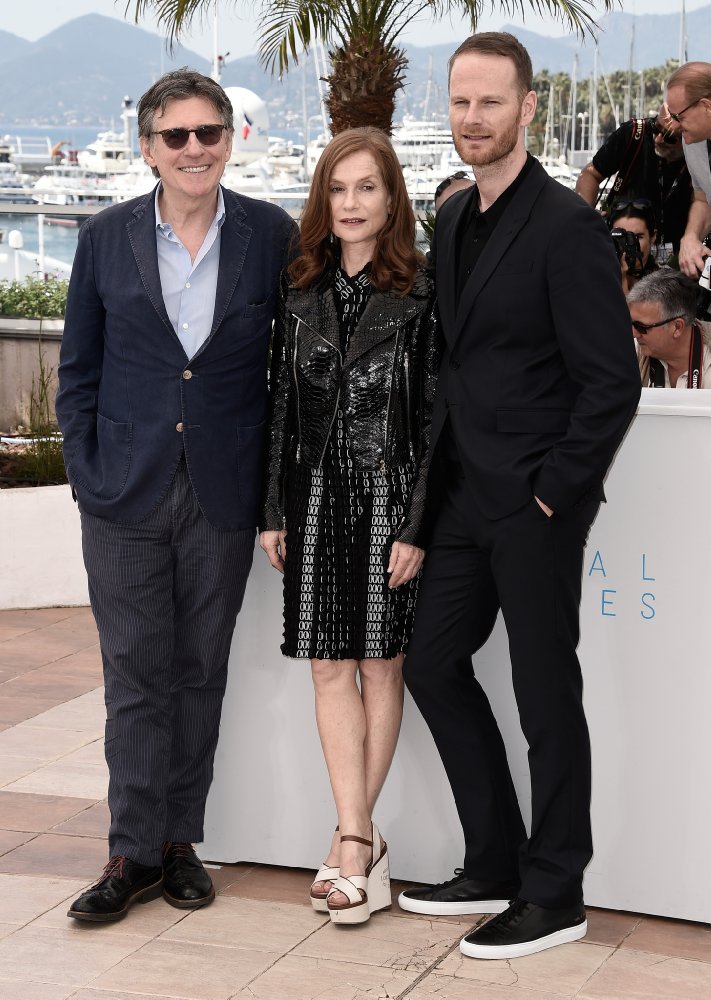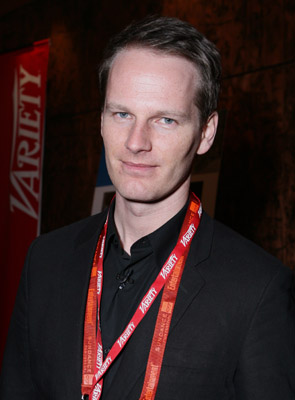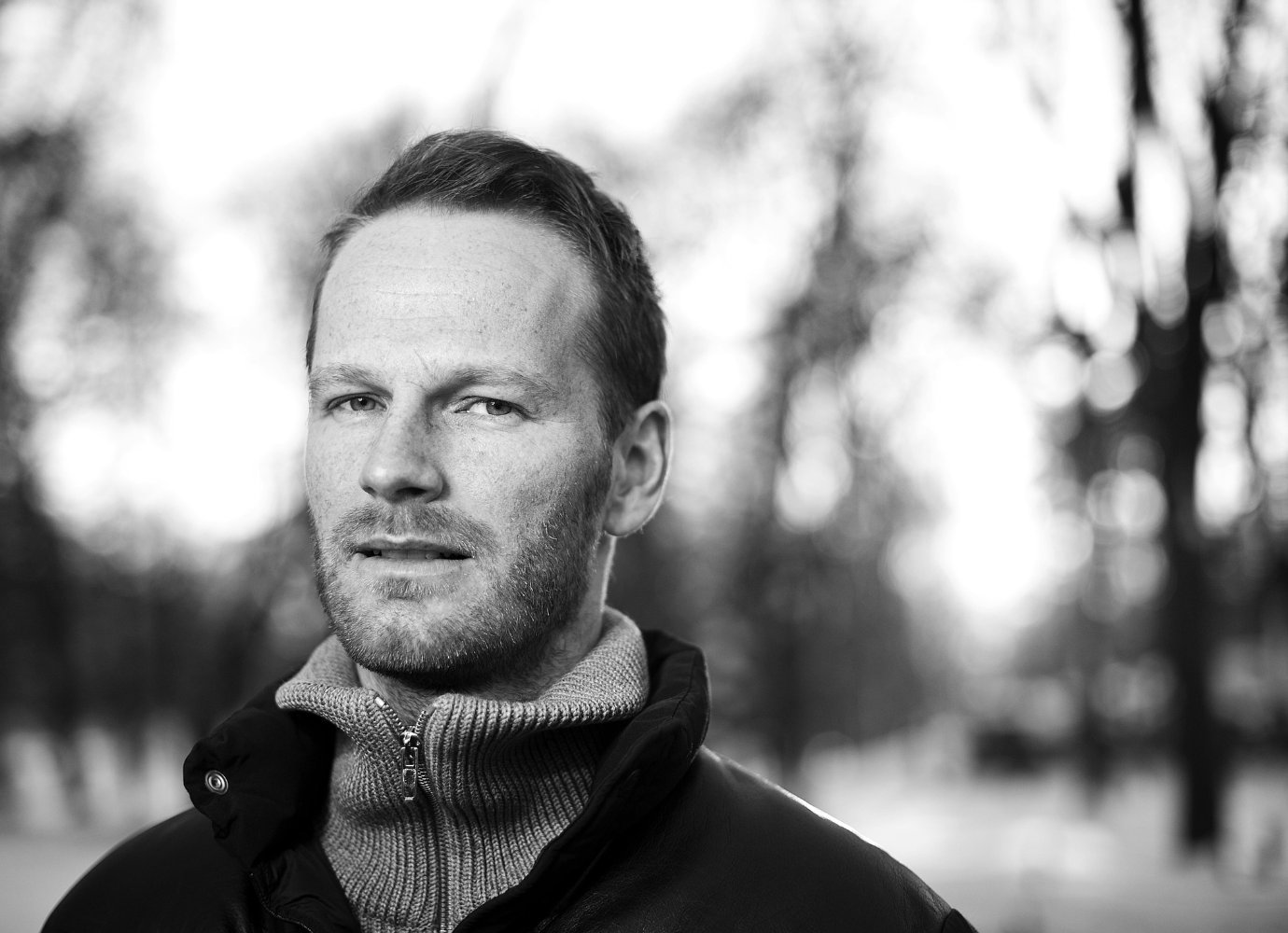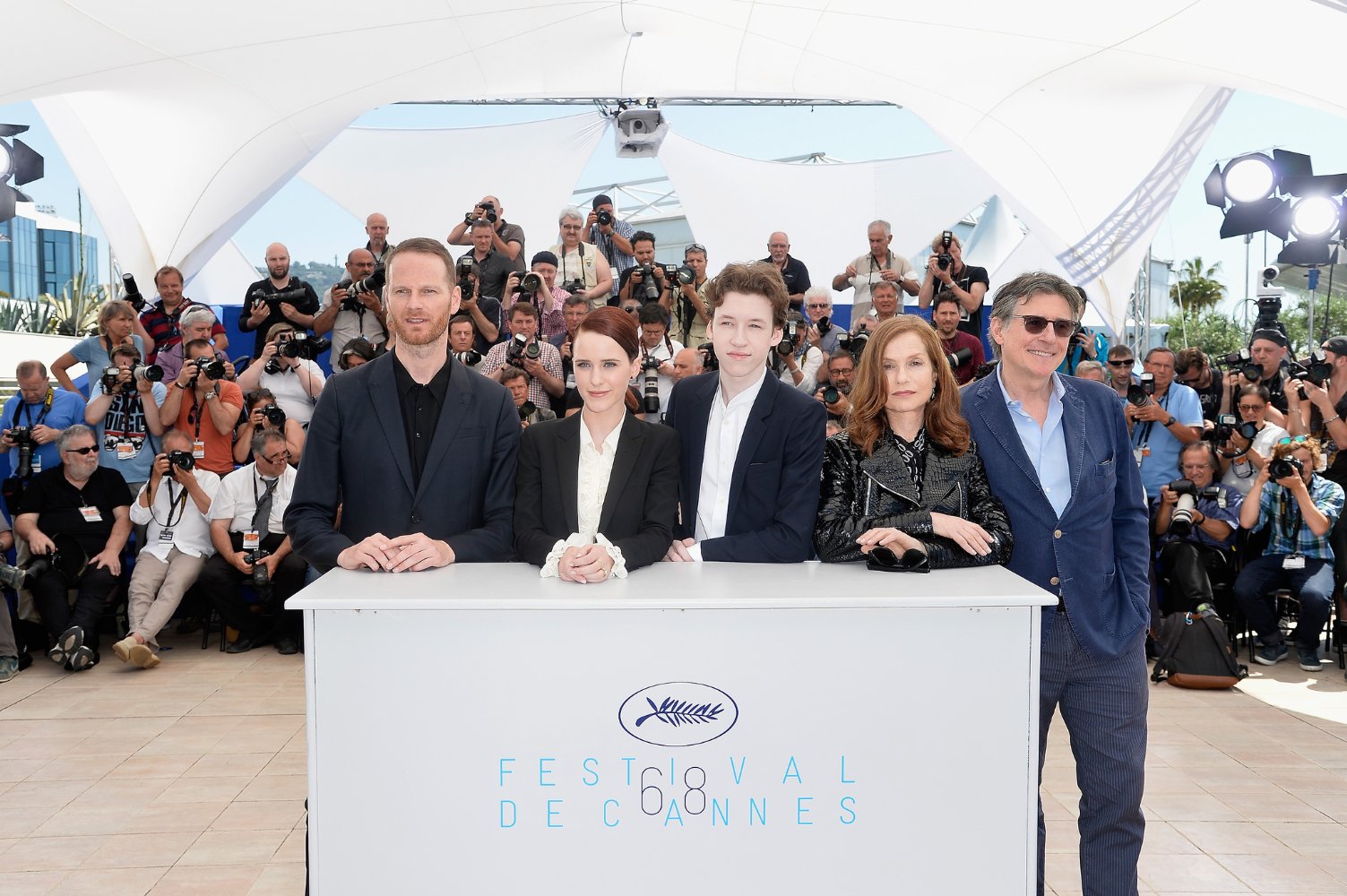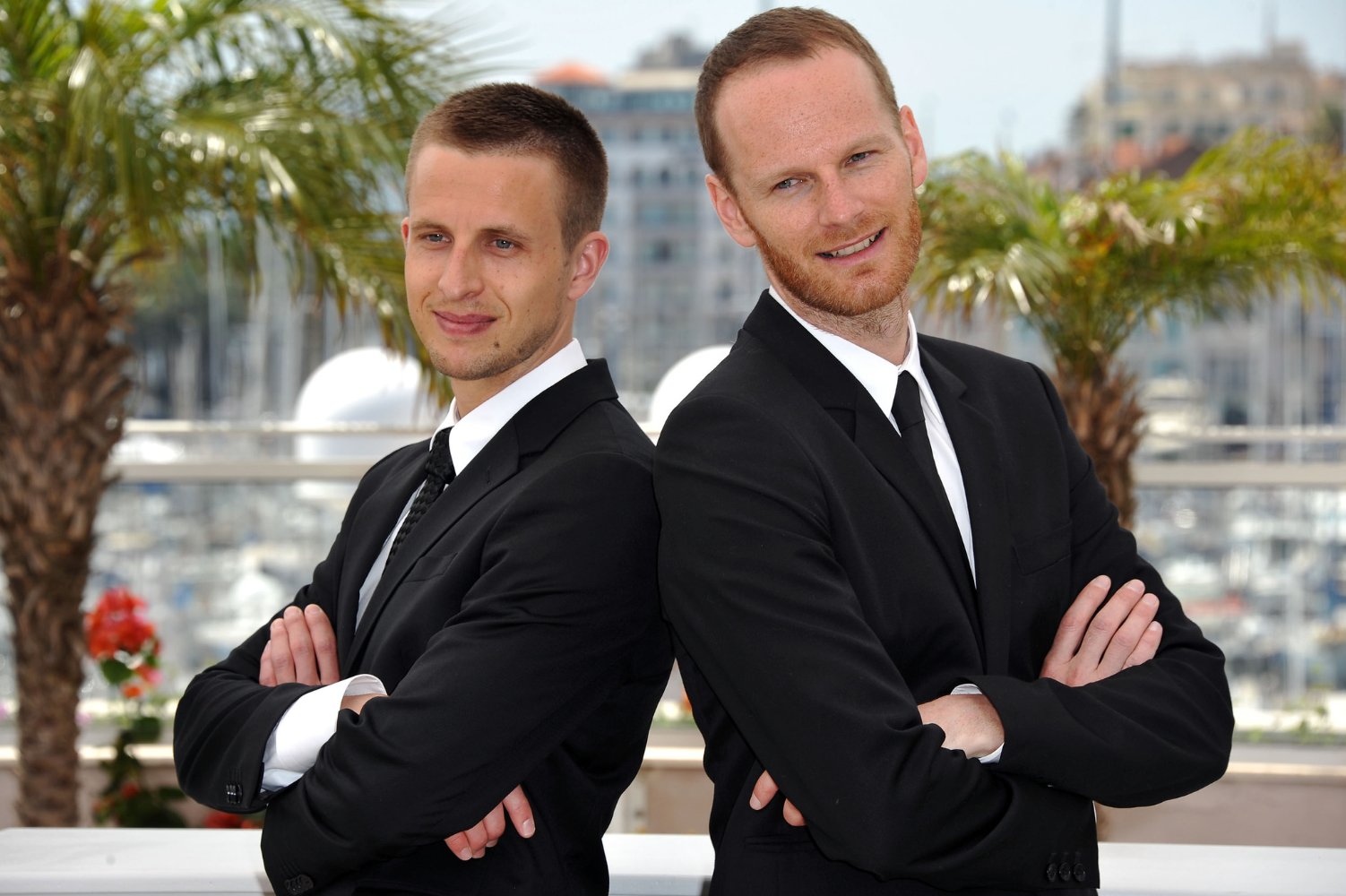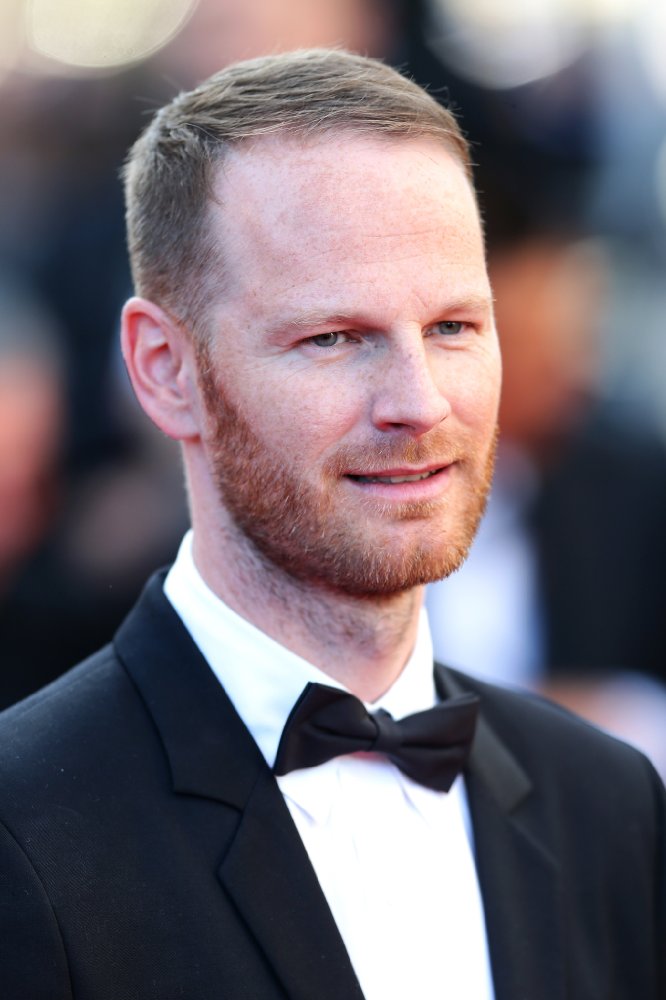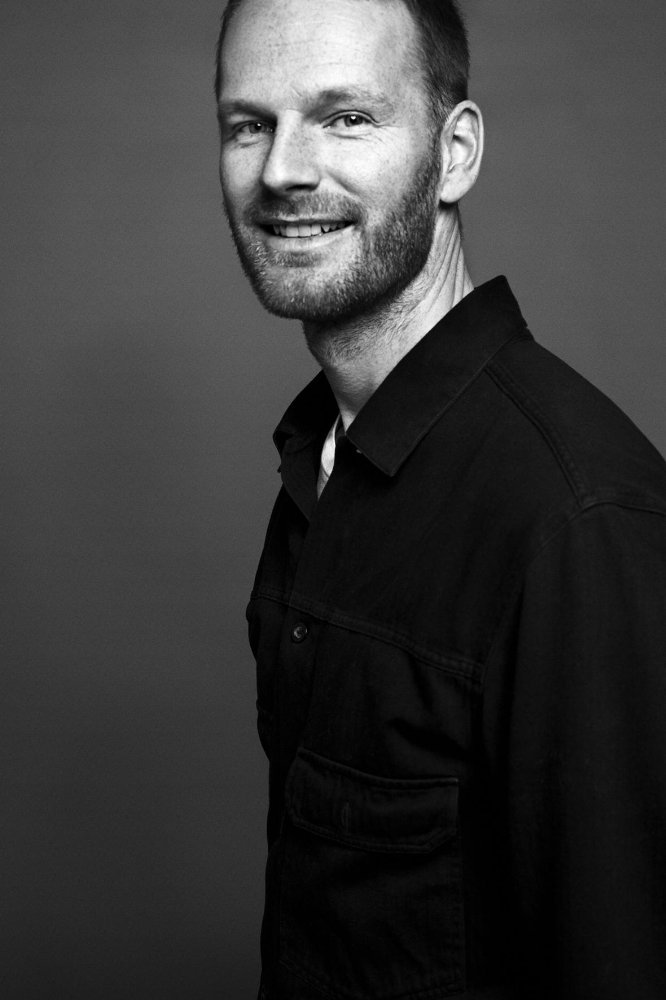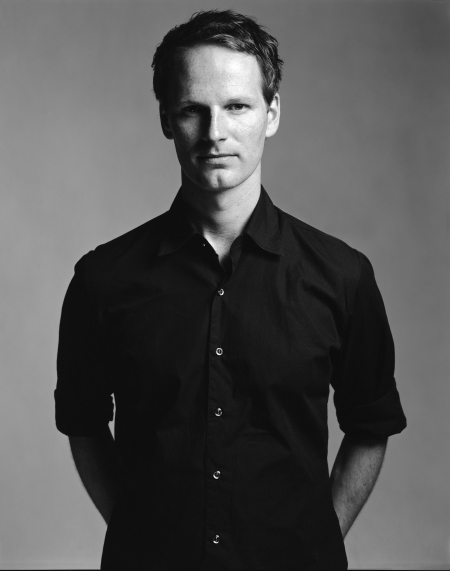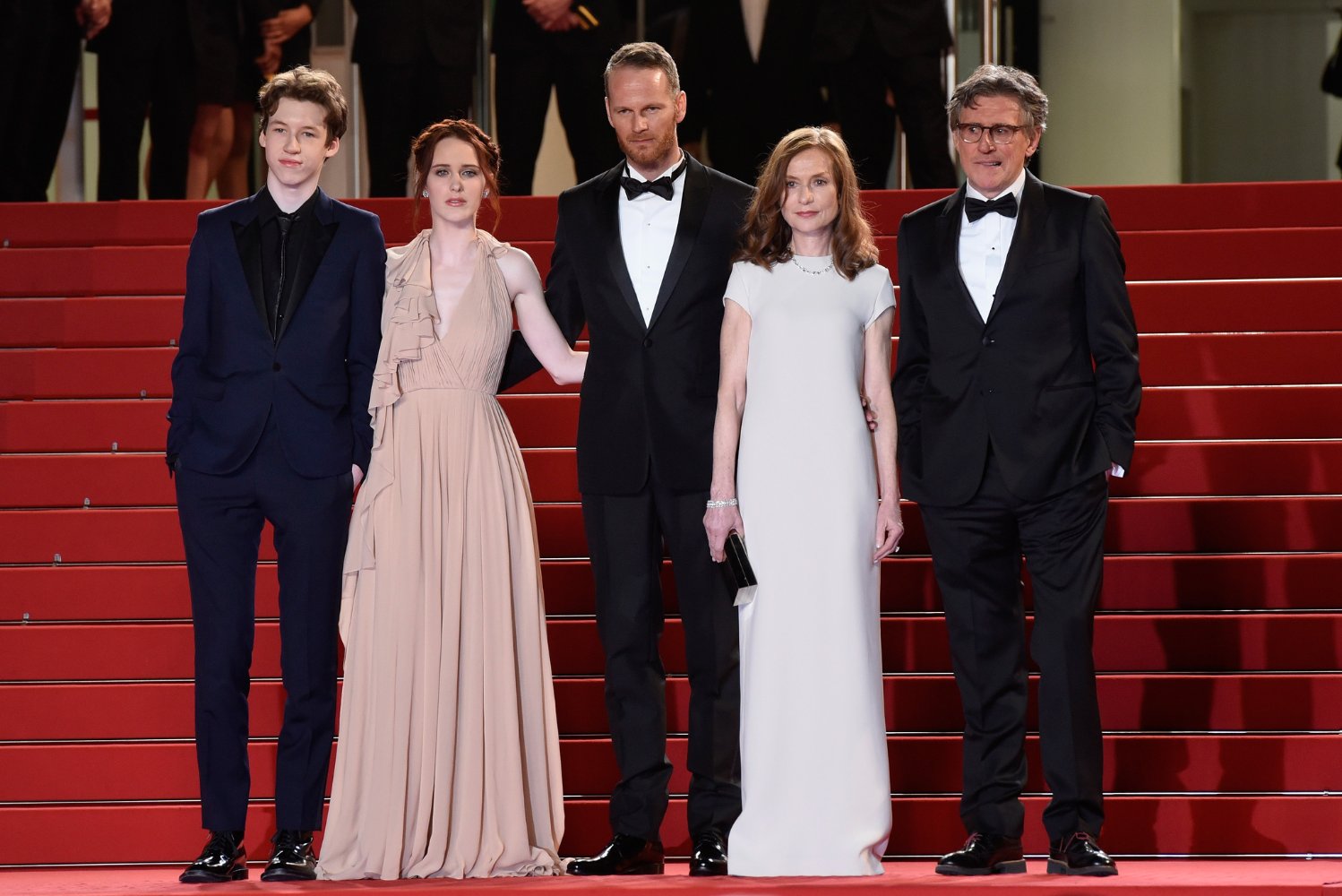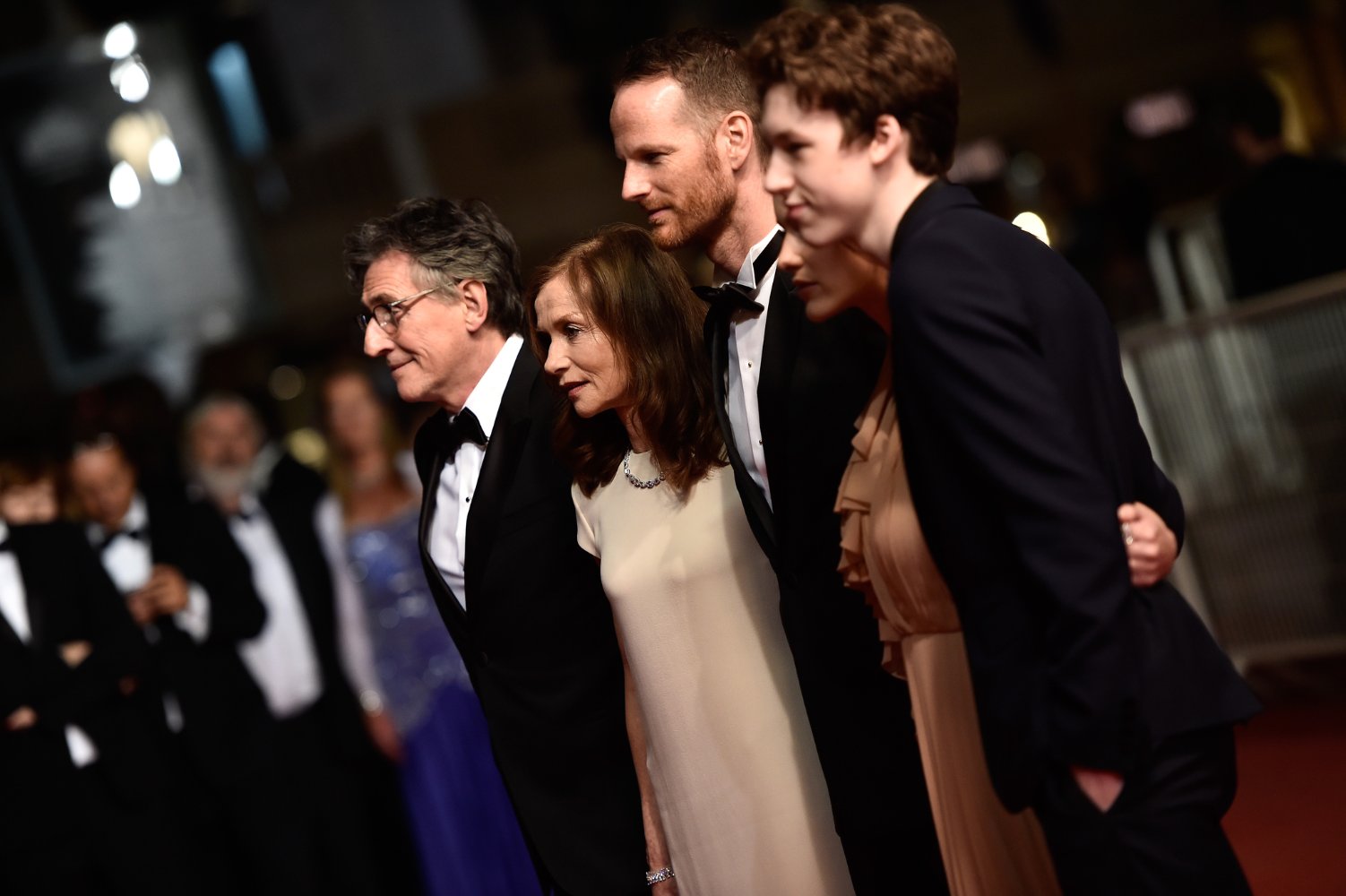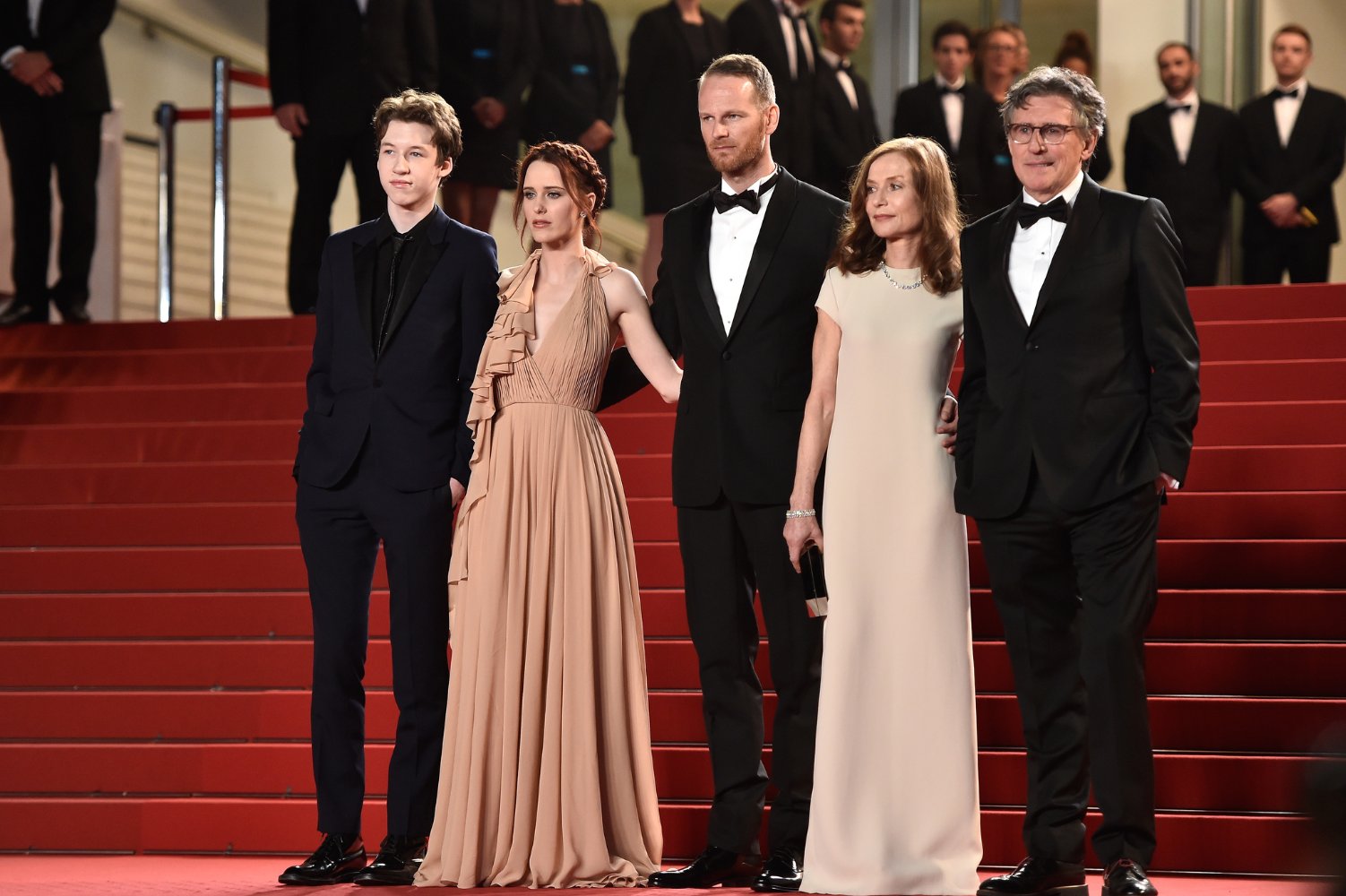
Joachim Trier
Birthday: 1974, Copenhagen, Denmark
Joachim Trier is a Norwegian director and writer, born in Copenhagen, Denmark in 1974. Trier is son of Jacob Trier, which was the sound technician of Norway's most popular film ever Flå ...Show More
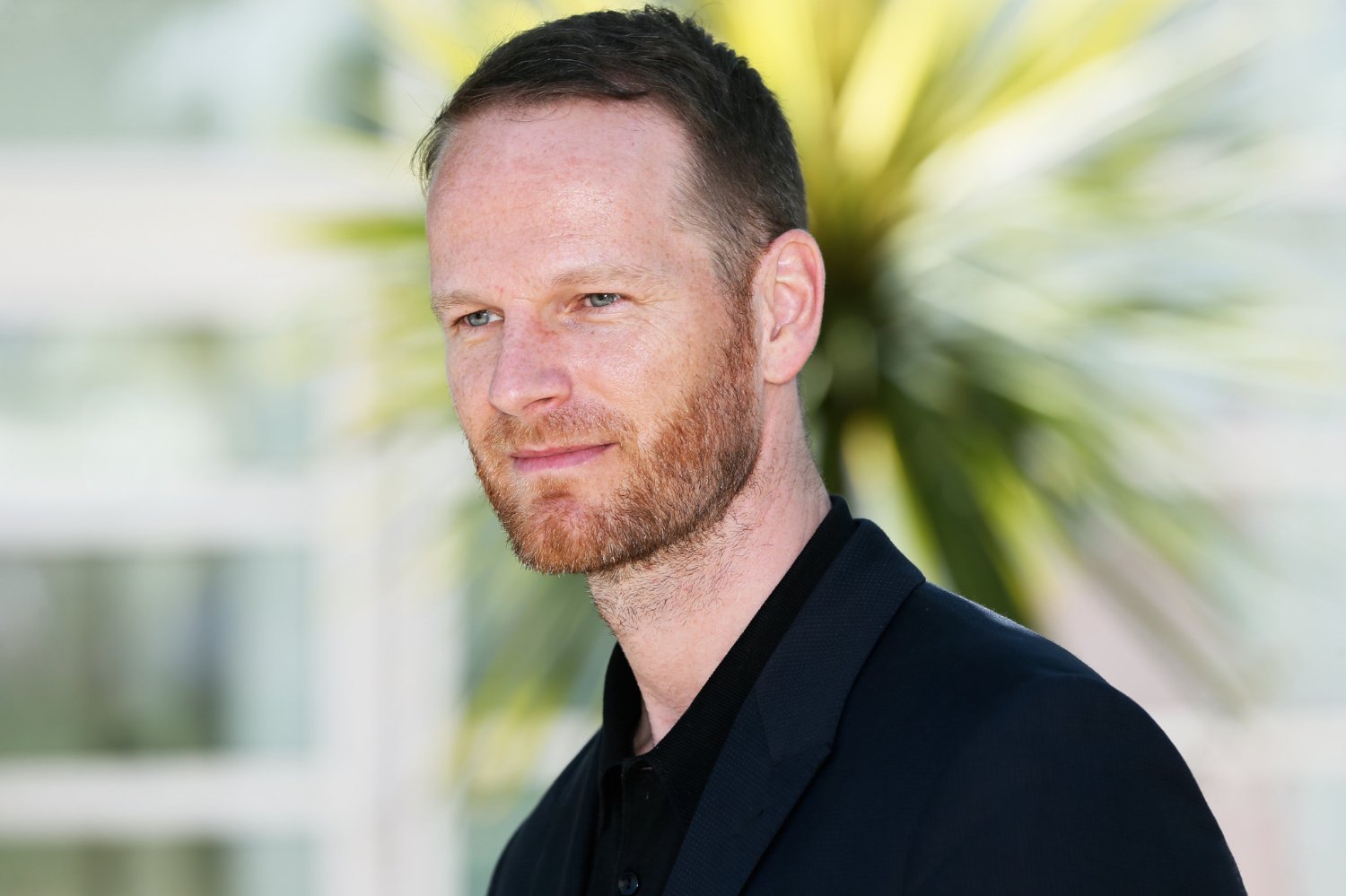
[on trying to visualize thought patterns in his films] The train of thought. How people think. The s Show more
[on trying to visualize thought patterns in his films] The train of thought. How people think. The structuring of thought, which I think is the temporal experience of images on the screen. We always talk about stories, because it's a literary term and it's very easy to say, but the fact is we're watching images in time and they either correlate or don't with our sensomotoric thought patterns. And it sounds very technical, but I feel it's a fact, you're actually dealing with theme and image when you make a movie, all the time. It can be quick or slow: how do you pace the information? Is it possible to express, to show thinking literally, the association chain of a young boy thinking randomly about his life? Yeah, let's try. That's what I mean with thought pattern.[2015] Hide
I like working intuitively, in what I call dirty formalism, or pop formalism. I jokingly say that ou Show more
I like working intuitively, in what I call dirty formalism, or pop formalism. I jokingly say that our films should be like great albums with different songs. I am a big fan of Nicolas Roeg, Don't Look Now (1973) which could be very specific conceptual things, but it was a warm formalism, it didn't alienate you. I'm also a very big fan of Brian De Palma. I believe in the idea of doing a cinematic set piece, like Conrad's diary, it's like film in itself, or the car crash sequence with Isabelle, and the association of the son thinking of his mother and the last moments of her death, are whole set pieces, a film within the film. So it's like an album. You have different songs, hopefully most of them are hits.[2015] Hide
[on Louder Than Bombs (2015)] I love the film Kes (1969) by Ken Loach. My favourite moment in that f Show more
[on Louder Than Bombs (2015)] I love the film Kes (1969) by Ken Loach. My favourite moment in that film - the one where I always cry - is when the kid, who doesn't know how to express himself, is suddenly asked by his teacher to talk for the first time and tell them how he takes care of his bird - he knows the boy is with this bird all day. And the kid speaks for the first time and talks freely about who he is. That's not exactly what we're doing, but I wanted Conrad's diary to be a revelation of the discrepancy between his social inability and his inner life, which is so rich. [2015] Hide
I want to kidnap the drama back from HBO and put it on the big screen.
I want to kidnap the drama back from HBO and put it on the big screen.
I went to the National Film and Television School in London, we called it "National Social Realist F Show more
I went to the National Film and Television School in London, we called it "National Social Realist Film and TV School". Stephen Frears was a teacher there and Mike Leigh, people that I now admire tremendously for their skills in drama, but at the time I was really into Michelangelo Antonioni, Alain Resnais and Brian De Palma. I wanted montage and the break of the image and the form to be really at the essence of what I did, and I think I changed. Also by going to that school, I discovered Ken Loach and the fact that, in the middle of social realism, there is poetry and truth and not only social commentary hitting you on the head. In the best of these films there's something more that transcends. However, I still have one foot in that kind of formalism. Showing thought patterns in cinema through montage I find very interesting. And it's been appropriated by commercials, but I always try to show that it could be more expressive and, ideally, more complex. [2015] Hide
Joachim Trier's FILMOGRAPHY
All
as Actor (3)
as Director (2)
as Creator (2)














